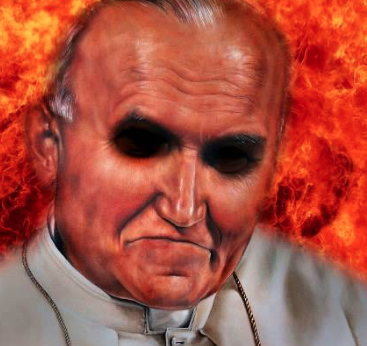- 2 Posts
- 2 Comments
Joined 3 years ago
Cake day: October 30th, 2022
You are not logged in. If you use a Fediverse account that is able to follow users, you can follow this user.

 1·26 days ago
1·26 days agoOczywiście po ćwitterze latały ukraińskie imiona i nazwiska przypisywane sprawcy, które sobie prawaki z dupska wyciągnęły i już części osób się wdrukowały w pamięć…


Tyle nielegalnych eksmisji ma miejsce, że aż sam zacząłem z góry zakładać nielegalność kolejnych. Ale masz rację, czy legalna, czy nielegalna - eksmisje to skurwysyństwo, więc kwestia legalności wręcz odwraca uwagę od niemoralności samego czynu.